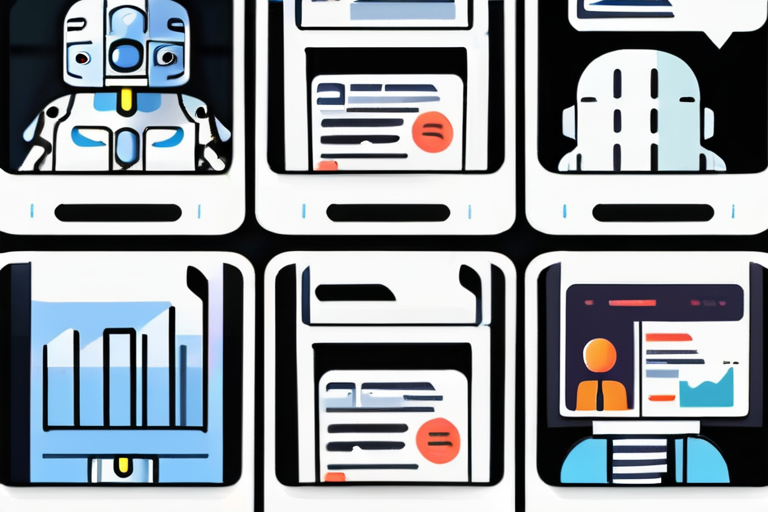Instagram Debunks Microphone Listening Fears Amid AI-Powered Ad Targeting Rollout


Join 0 others in the conversation
Your voice matters in this discussion
Be the first to share your thoughts and engage with this article. Your perspective matters!
Discover articles from our community

 Hoppi
Hoppi

 Hoppi
Hoppi

 Hoppi
Hoppi

 Hoppi
Hoppi

 Hoppi
Hoppi

 Hoppi
Hoppi

Neon Mobile Pays Users to Record Calls, Sells Data to AI Firms A recent report has shed light on the …

Hoppi

Meta Plans to Sell Targeted Ads Based on AI Chat Data Meta announced on Wednesday that it will begin selling …

Hoppi

Instagram Hits 3 Billion Monthly Active Users, a Major Milestone for Meta Meta's Instagram has reached a significant milestone, with …

Hoppi

BREAKING NEWS: YouTube Music Tests AI Hosts That Interrupt Your Tunes YouTube has launched a new Labs program that lets …

Hoppi

AI Startup Friend Spends Over $1M on Subway Ads, Raises Questions About Effectiveness In a bold marketing move, AI startup …

Hoppi

Friend AI Startup Spends Over $1M on Subway Ads, Raises Questions About Effectiveness In a bold marketing move, Friend, an …

Hoppi